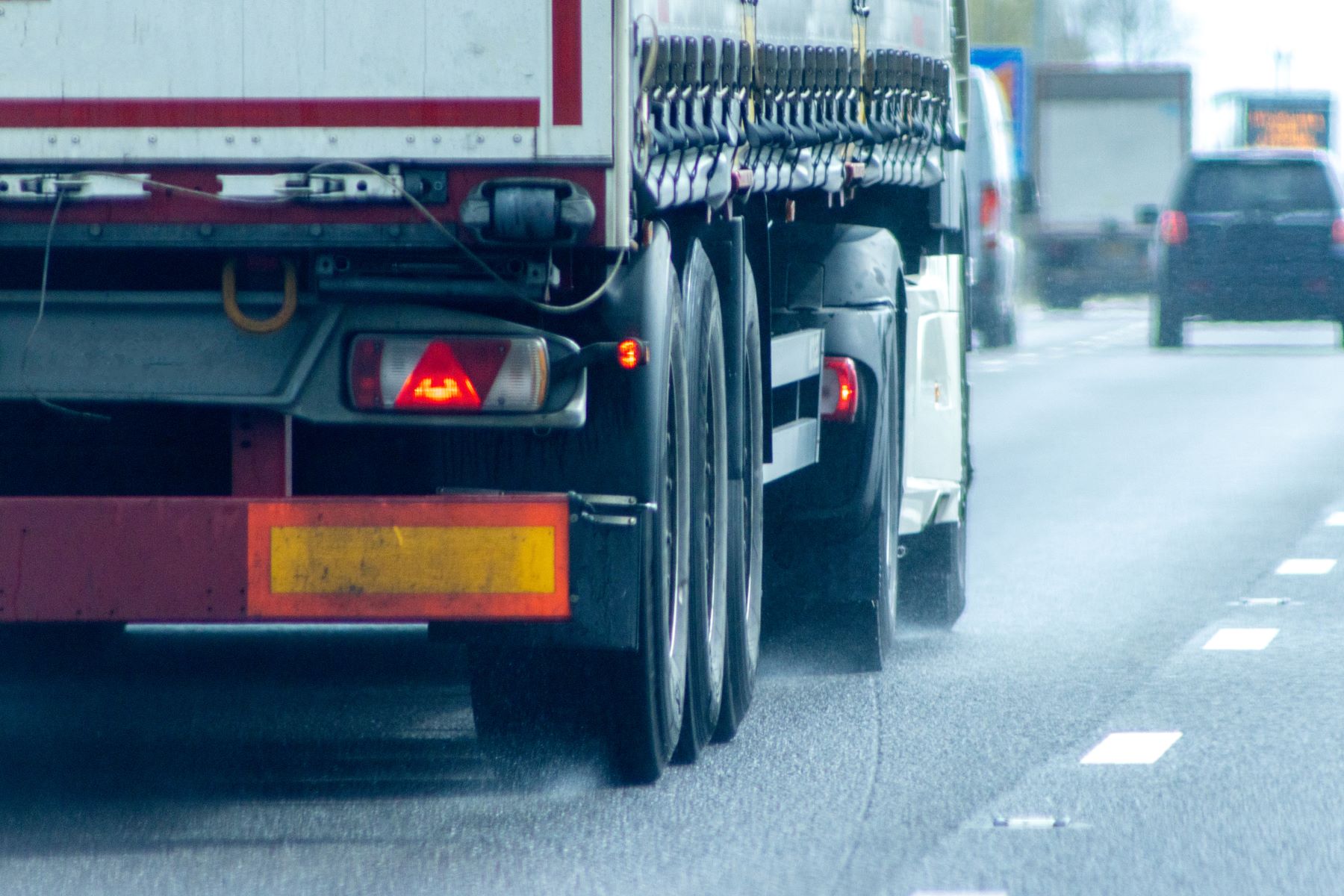
MEPs throw lifeline to the oil industry by backing biofuels loophole for trucks
EU Parliament backs 90% CO2 reduction target for trucks – but loopholes could undermine it.
The EU Parliament has voted for a biofuels and e-fuels loophole that weakens climate targets for trucks. MEPs voted by a 7-vote majority to allow trucks running on synthetic fuels and even the most unsustainable biofuels, such as palm oil and soy, to be counted as climate neutral. Transport & Environment (T&E) called on EU Environment Ministers and the Commission to maintain their opposition to the loophole which would lead to diesel trucks being sold for decades, undermining the EU’s net-zero goal.
Fedor Unterlohner, freight manager at T&E, said: “Biofuels and e-fuels won’t decarbonise heavy-duty vehicles, but they will allow as many diesel trucks as possible to be sold for decades to come. Oil companies have lobbied hard for this loophole to help keep up demand for its fuel. We call on the Council to block this lifeline to the fossil fuel industry.”
The Parliament backed the EU Commission’s proposed targets to reduce emissions from heavy-duty vehicles. Truckmakers would have to cut the average emissions of new freight trucks by 45% in 2030, 65% in 2035 and 90% in 2040, which should result in a near phase-out of diesel trucks.
MEPs also said the standards should be extended to cover the 20% of heavy-duty vehicle sales which the Commission had proposed to exempt, such as garbage and construction trucks and small trucks driving in our cities. This sends a clear message that a fifth of polluting truck sales should no longer escape climate regulations, T&E commented.
Fedor Unterlohner said: “The days of polluting diesel trucks are numbered. MEPs and governments agree that almost all diesel HDV sales should end by 2040. Negotiators should reject the fuels loophole and finalise the law without delay so that the automotive industry can invest with certainty in zero-emission truckmaking.”
The Parliament and EU Council will now begin negotiations on the final law, which are expected to be concluded early next year.